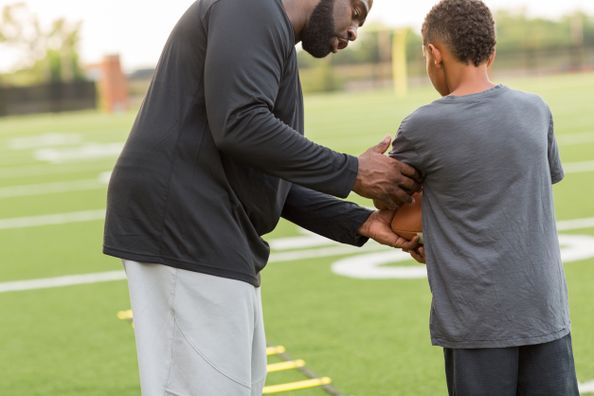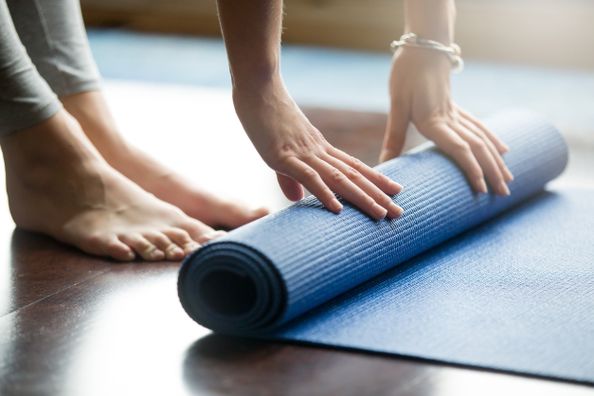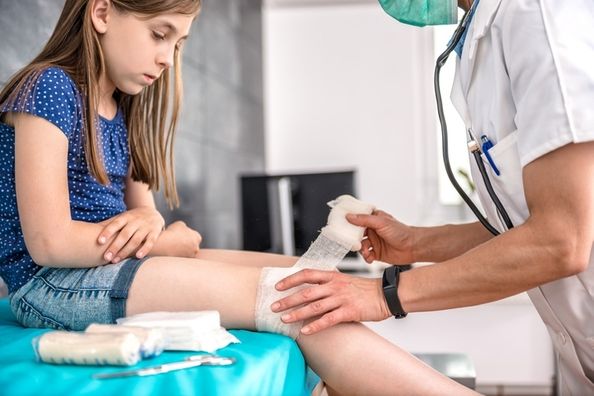As the leaves begin to fall and the air starts to chill, it’s time to prepare for the fall sports season. Sports are a great way to get the exercise you need while showing some school spirit, however, they are also a common culprit of injury. The best way to lead your team to victory this season is to stay on top of your health. To help you care for your body this fall, Brian Ward, MD, sports medicine doctor and orthopaedic surgeon, has outlined some tips on how athletes can stay safe and healthy in every sport this season.
General Fall Sports Safety
The key to performing well — no matter what team you’re on — is to properly warm-up and cool-down to loosen muscles and regulate blood flow. Even including simple activities such as stretching or a light jog in your pre- and post-game ritual can help keep your body safe from injury.
Football Safety
Because football is such a high-impact sport, never ignore a head injury and always wear your gear. If you have suffered a head injury during practice or a game, tell your coach right away and seek medical attention if necessary. Concussions are a serious, yet common injury for football players, and helmets, protective padding and mouth-guards should be worn at all times to avoid harm to the body.
Soccer Safety
Soccer players are no strangers to knee injuries, as sprains and strains are the most common types of lower body injuries in soccer. This is why I recommend getting enough rest between games and practices and never playing if you are injured. Overuse injuries and not allowing your body the proper time to heal can weaken your muscles and make you more susceptible to prolonged injury.
Cross Country Safety
The best way to avoid painful shin splints and stress fractures at every mile is to make sure you are wearing high-quality, supportive running shoes. Cross country runners should replace their shoes every few months or when they start to show signs of wear and tear.
Volleyball Safety
When it comes to avoiding finger injuries on the volleyball court, form is everything. Create a triangle with your thumbs and forefingers when setting and keep your wrists rigid with relaxed and widespread fingers when blocking to avoid dislocations, fractures and sprains.
Whether cheering from the sidelines, racing to the finish line or throwing a touchdown pass, exercising safe practices this season is crucial to your health and safety. Sports-related injuries can manifest in a variety of ways, and it is important to listen to your body and seek care when something doesn’t feel right.
Health Topics:








